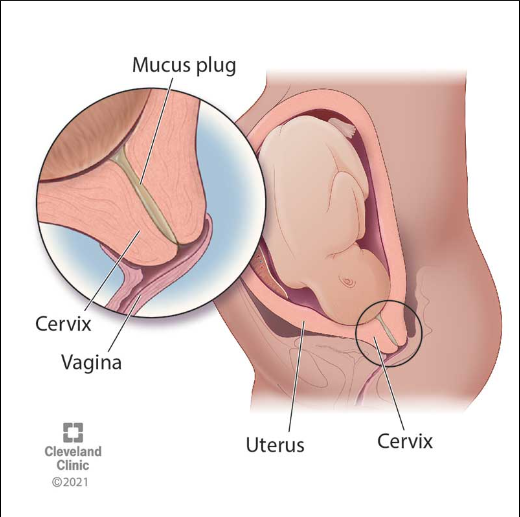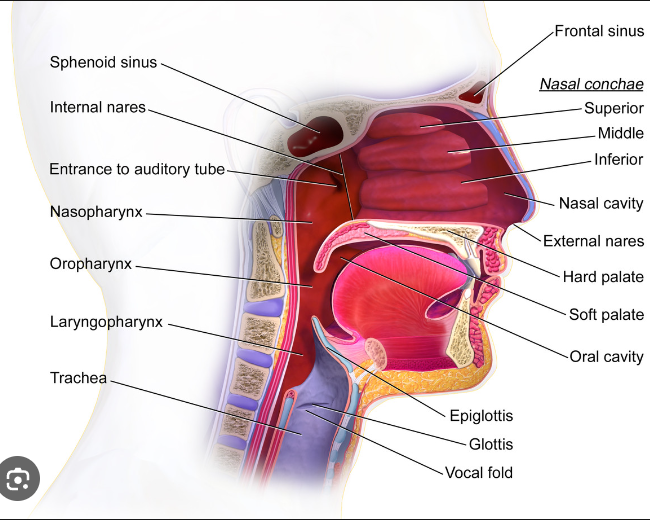Mucus safeguards our organs, aids digestion, and supports a thriving gut microbiome while fending off invaders and toxins
The GI tract in our body is a remarkable organ system. Although it can digest food to provide us nutrition, it cannot digest itself. In actuality, the stomach, one of the important GI tract organs, can withstand moderately potent hydrochloric acid without suffering any harm. All of this is made possible by mucus, a crucial line of defense.
What is mucus, and what function does it serve?

It is mostly composed of water (90–95%), electrolytes, lipids (1%–2%), and proteins (particularly mucin). We continuously manufacture 10 liters or so of mucus on average each day.
Its duties include serving as a lubricant to make it easier for food to enter the GI tract and for stool to exit. By coating its cells, it defends the intestines from mechanical, chemical, and biological assaults. In addition to clearing away dirt and bacteria, it also makes a good surface cleanser by allowing nutrients and water to easily diffuse through it for absorption.
“Mucous in the stomach guards against injury and stops the growth of ulcers. Intestinal enterocytes are protected by the mucous layer as you descend into the intestine, according to Dr. Raj Vigna Venugopal, a gastroenterologist and hepatologist at Manipal Hospital in Bengaluru.
But it serves far more purposes than merely defending the gut. The mucous layer facilitates the communication between the trillions of bacteria that make up our gut microbiota. It serves as an attachment point for some of these tiny organisms and a source of nourishment for others.
“If you look at the beneficial bacteria (in our gut), they turn dietary fiber into short chain fatty acids (SCFA), which are a significant source of nourishment for the intestinal absorption cells, or enterocytes. Additionally, they are crucial for preserving the integrity of cells and tight junctions (the area between cells),” Dr. Venugopal continues.
But just like the majority of bodily functions, the synthesis, composition, penetrability, and breakdown of this mucous layer are significantly influenced by our food choices, gut microbiota, and infections.
A healthy gut mucous layer

While there are a number of potential causes for the mucous lining of our gut to become damaged, research indicates that adopting healthy lifestyle habits can help to prevent this from happening. Among them are eating well, exercising, cutting back on alcohol and caffeine, and taking probiotics.
Research suggests that eating a variety of foods, such as fruits, vegetables, whole grains, legumes, and nuts, should have the same effect as the Mediterranean diet in maintaining a healthy gut mucous layer.
Eating fiber can also help the body generate more mucus because intestinal cells use the short-chain fatty acids that gut bacteria make as a source of energy. One of the main sources of food for our gut bacteria is the fiber in our diets.
Along with maintaining a healthy body weight and mental well-being, other lifestyle modifications include giving up tobacco and drinking enough water
Also read- Four Natural Ways To Treat Migraines
Images source-google




































